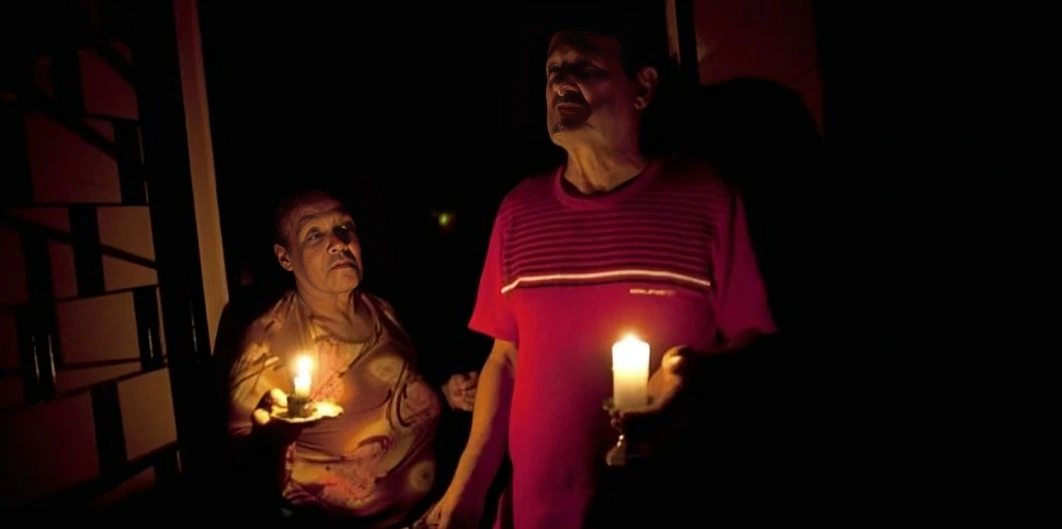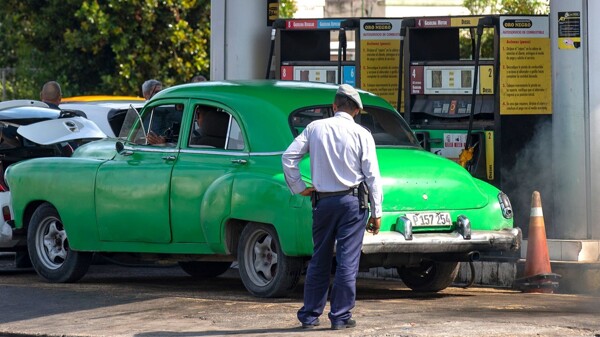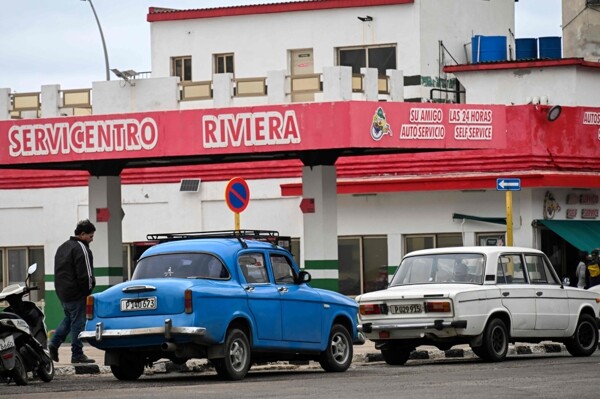
In Cuba, a blackout recently left the entire country in darkness; however, it highlighted the paradox that hotels remained illuminated while the rest of the population suffered the consequences. Such a situation was considered disrespectful, so much so that even the Ministry of Tourism dared to label it as an 'achievement.'
This discrepancy did not go unnoticed by the population, which vigorously criticized the priority given to hotels over the basic needs of the citizenry. The irony that tourists enjoyed electricity while residents were affected by the blackout generated outrage and raised questions about resource distribution policies in the country.
In response to the criticisms, the Ministry of Tourism justified this decision by arguing that ensuring the comfort of tourists was essential to maintaining the tourism industry, vital for the national economy. However, this explanation was not enough to appease the citizens' discontent, who demanded concrete answers and actions to prevent similar situations in the future.
Amid the controversy, the situation highlighted the inequalities in access to basic services in Cuba, as well as the lack of transparency in government decision-making. The audacity of the blackout revealed the need for an open and honest debate about the country's priorities and the well-being of its population.















